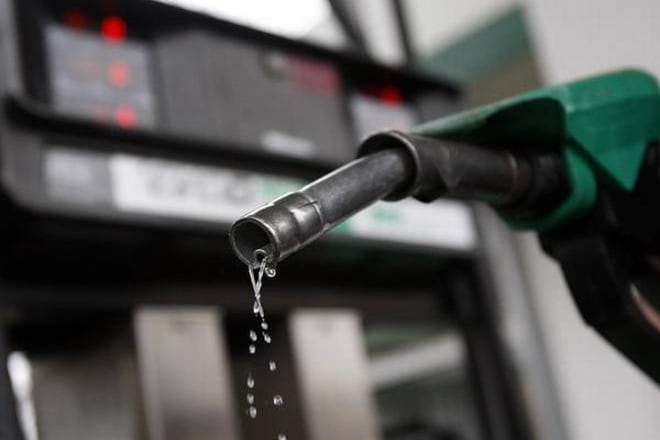Narendra Modi-government’s surprise move to increase excise duty and cess on petrol and diesel to take advantage of the falling global crude oil prices may not help the exchequer in raising tax revenues by much. “We do not expect the Central government to accrue a sizable amount as excise duty revenue, given the current economic slowdown,” Care Ratings said in a report. The slowdown has led to a sharp fall in demand for petrol and diesel as the tenacity of the lockdown imposed and when it will be lifted is still unknown, the report added.
Also Read: How India is taking advantage of low crude oil prices: Importing and filling up as much as it can
Earlier this week, the central government increased the excise duty and cess on petrol by Rs 10 per litre, and that on diesel by Rs 13 per litre. However, the excise duty hike would be absorbed by the oil companies Indian Oil, HPCL and BPCL, and will not be passed on to the consumers. A global slump in crude oil prices over the last couple of months came as a boon to India, which depends on imports for 85% of its energy requirements. However, the benefit was kept by the government and oil companies to improve tax revenue and marketing margins, and was not passed on to the consumers.
Also Read: Why petrol, diesel prices are not falling despite crude oil prices crashing below zero | EXPLAINED
With regard to the latest excise duty hike, the government may not gain much from it, since petrol and diesel consumption has remained subdued during the lockdown period, and is expected to remain so with the travel restrictions imposed by the various state governments. Industry and railways also play a major role in the diesel consumption, both of which are shut down, either partially or completely. These factors have altogether brought the fuel consumption to a much lower-than-normal level.
Also Read: Falling crude prices make a dent in oil companies’ profits; OMCs may face severe cash crunch in FY21
Another major reason why the government may not earn a sizeable revenue from hiking tax is because the price of crude oil has been rising since the start of May as OPEC+’s mega production cuts deal is being implemented and once economies world-over are able to lift the lockdown, crude oil price will rise again, which could prompt the government to cut back some taxes to make retail fuel affordable. With the second revision in excise duty, the government will be able to collect around 260 per cent taxes, (excise duty and VAT) on the base price of petrol, and 256 per cent in the case of diesel, as on 6th May 2020, said Care Ratings.

